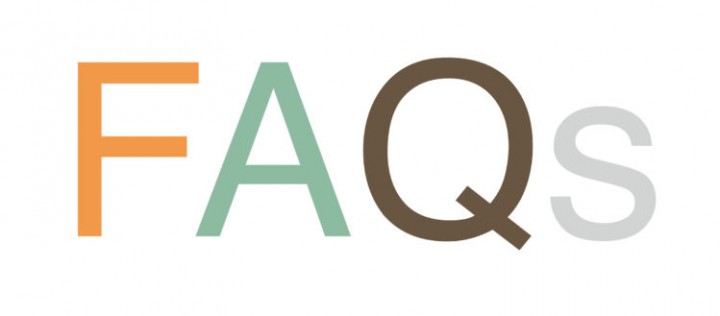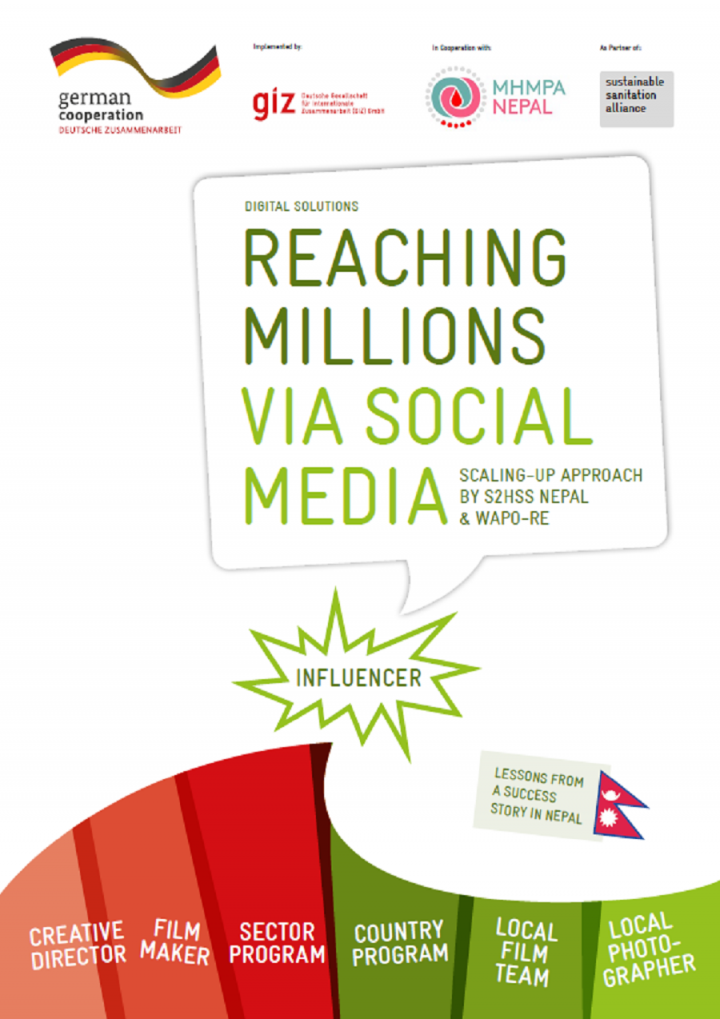Searching for information on Sanitation Workers?
The Sanitation Workers Knowledge + Learning Hub is the best source for all current news, trends, articles and updates on sanitation workers rights around the world.
There are a number of circumstances in which it may be necessary to treat water at the point of use to remove or inactivate microbial pathogens. These include:
• failure of control measures, including lack of or improper disinfection and unsafe handling and storage;
• emergencies and disasters leading to inadequate sanitation, hygiene and protection of water sources;
• uncertain …
Dehradun Nagar Nigam area1 is 100 km2. and has 100 wards with a population of 804,3792 (as of 2018). There are 167,577 households (HHs) (after municipal boundary expansion in 2018) within municipal boundary; this suggests the average household size in the city to be 5.
The output of the SFD graphic represents that 46% of the human excreta flow is attributed to be safely managed and the …
Many of the most common diseases found in traumatized communities after a disaster or emergency are related to drinking contaminated water. The contamination can be from micro-organisms (Table 1) or natural and man made chemicals (Table 2). This fact sheet concentrates on the problems caused by drinking water contaminated by micro-organisms as these are by far the most common and can be reduced …
Community Approaches to Total Sanitation (CATS) aim to achieve 100 per cent open defecation free (ODF) communities through affordable, appropriate technology and behaviour change. Some of the key principles guiding CATS are:
• An emphasis on the sustained use of sanitation facilities by every community member, rather than simply the construction of infrastructure.
• The safe disposal of …
The publication voices the importance of social context and collective action as a mediating factor between programme implementation and its success. CRSHIP assesses the social factors that influenced sanitation uptake, indicating the efficiency of communities participating together with local community leaders or NGOs to work cohesively in achieving their S&H goals.
Feni is a fast-growing city located along the Dhaka-Chittagong highway and 161 km South of Dhaka. It is besides the Selonia River and it is well connected with road, water, and railways. It is one of the oldest towns in the sub-continent and was declared a Municipality in 1958. Feni is one of the 53 district level Municipality in the country.
According to the population census in 2011 by the …
This guidance note provides an overview of key protection, gender and inclusion (PGI) issues and practicalities to consider when assessing, designing, implementing and monitoring both long-term and humanitarian WASH programmes. It supports the practical application of the IFRC Minimum Standards for Protection, Gender and Inclusion in Emergencies by providing guidance to promote people’s …
The waste produced in the course of health-care activities, from contaminated needles to radioactive isotopes, carries a greater potential for causing infection and injury than any other type of waste, and inadequate or inappropriate management is likely to have serious public health consequences and deleterious effects on the environment.
This handbook – the result of extensive international …
The function of the department is mainly to carry surveillance on sector dynamics, conduct training needs, develop and implement short tailor made courses for skills upgrading, problem solving, and refresher in the water and related sectors. The tailor made courses are to suit the training needs and interventions desired for organizational growth in accordance with strategic plans and business …
This was an interventional study carried out over a period of 5 days among 21 schoolchildren aged 12–18 years in their respective school premises. Participants were requested to rub their hands with an UV-sensitive fluorescent lotion and then wash them. Hands were air-dried and examined under UV rays for blue light emission in a dark room. Emission of blue light highlighted parts of hand where …
There is limited documented information about the WASH experiences of women with disabilities in Cambodia. It is critical to listen to their voices in order to better shape programs and policies, and begin challenging discriminatory attitudes. Greater participation is the first step to ensuring that women with disabilities can access the facilities, services, and products to manage their WASH …
Despite concerted efforts to extend water and sanitation services to the fast-growing numbers of people living in urban low-income and often informal areas, the water sector in many parts of Sub-Saharan Africa appears to be stagnating. Many challenges stand in the way of closing the last mile of physical access for an estimated 250 million unserved urban residents. A misguided focus on …
There is no doubt that social media can be an instigator of social change. Successful social media campaigns can greatly contribute to increasing the visibility of initiatives and can boost scaling-up efforts. However, to make the campaign successful, it’s essential to get the ingridiences right.
Inspiring for you could be our experience with the highly successful social media campaign …
To commemorate World Toilet Day 2022, the SuSanA Working Group on productive sanitation and food security (WG5) and the Stockholm Environment Institute (SEI), along with partners, organised a webinar about the role of standards and certification systems in the safe reuse of nutrients from sanitation systems. Moderated by WG5 Lead Daniel Ddiba.
This entry is the collection point of the …
Ending Cholera—A Global Roadmap to 2030 operationalises the new global strategy for cholera control at the country level and provides a concrete path toward a world in which cholera is no longer a threat to public health. By implementing the strategy between now and 2030, the Global Task Force on Cholera Control (GTFCC) partners will support countries to reduce cholera deaths by 90 percent. …
The COVID-19 pandemic put front and centre for the needed attention on water supply, hand hygiene and sanitation.
Using the Enabling Environment matrix like a camera lens to view national-level actions, the collective country examples from 20 countries in Africa, Asia and the Pacific supply rich learnings and underline the positive momentum showed by Ministries of Education to lead WinS, and …
This report examines innovative financing mechanisms that can help attract new financial resources into water and sanitation services (WSS ). A particular focus is placed on mobilising market-based repayable financing (such as loans, bonds and equity) as a way of bridging the financial gap to meet the Millennium Development Goals and other crucial sector objectives. The Camdessus and Gurria …
COVID-19 pandemic swept across India in April and May 2021, and preventing infection became of paramount importance. The health systems were overwhelmed. Over the past year, we have learnt great deal of how the disease spread. This necessitated expansion of the earlier preventive measures promoted in the early stages of the pandemic in 2020 such as wearing masks, social distancing and washing …
The 9th Emergency Environmental Health Forum took place from 18th -19th 2019 in Geneva, Switzerland. It brought together water, sanitation and hygiene (WASH) experts. The forum provided an opportunity to exchange recent field experiences and explore innovative approaches amongst over 110 attendees and discuss ways for future action and interventions for WASH in emergencies.
EEHF 2019 …
Arsenic is widely distributed element in the earth’s crust and ranks twentieth in elemental presence. As a Group V element, arsenic exhibits a broad range of chemical reactivity and it is commercially used in alloys with lead. Arsenic in natural water has been reported from several countries including Bangladesh, China, Chile, Ghana, India, Nepal, Rumania, Taiwan, USA and Vietnam. In India, …








































